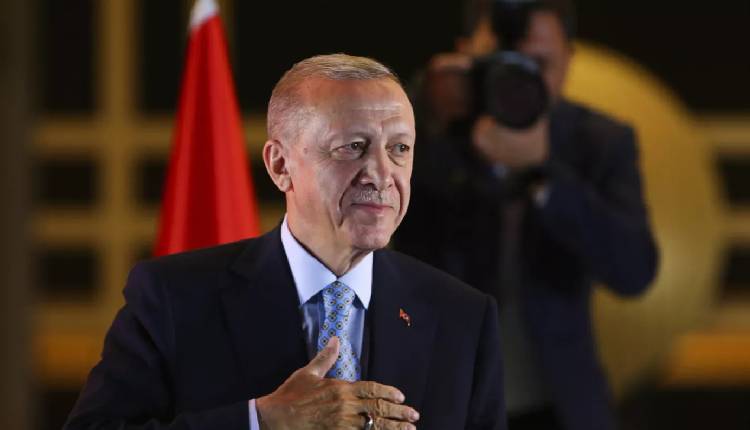Turkey has formally applied to join the BRICS group of emerging-market nations, aiming to enhance its global influence and establish new ties beyond its traditional Western allies, according to people familiar with the matter.
President Recep Tayyip Erdogan’s administration views the geopolitical centre of gravity as shifting away from developed economies, the sources added.
This diplomatic push reflects Turkey’s aspirations to cultivate relationships in a multipolar world while maintaining its commitments as a key NATO member.
Frustrated by the lack of progress in its bid to join the European Union since 2005, Turkey submitted its BRICS application months ago.
The move also stems from rifts with NATO members after Turkey maintained close ties with Russia following its 2022 invasion of Ukraine.
Erdogan emphasised the importance of balancing relations with both the East and the West, stating, “Turkey can become a strong, prosperous, prestigious, and effective country if it improves its relations with the East and the West simultaneously.”
The BRICS group, which includes Brazil, Russia, India, China, and South Africa, recently expanded to include Iran, the UAE, Ethiopia, and Egypt. Further enlargement, potentially including Turkey, may be discussed at a summit in Kazan, Russia, from October 22-24.
BRICS positions itself as an alternative to Western-dominated institutions like the World Bank and IMF, offering new members access to financing and broader political and trading relationships.
Turkey believes BRICS membership could enhance economic cooperation with Russia and China and position it as a trade conduit between the EU and Asia.
Despite this, Turkey continues efforts to rejuvenate EU membership talks, which remain a strategic target. Foreign Minister Hakan Fidan highlighted the importance of BRICS in diversifying global economic approaches and identities.
Attribution: Bloomberg
Subediting: Y.Yasser


